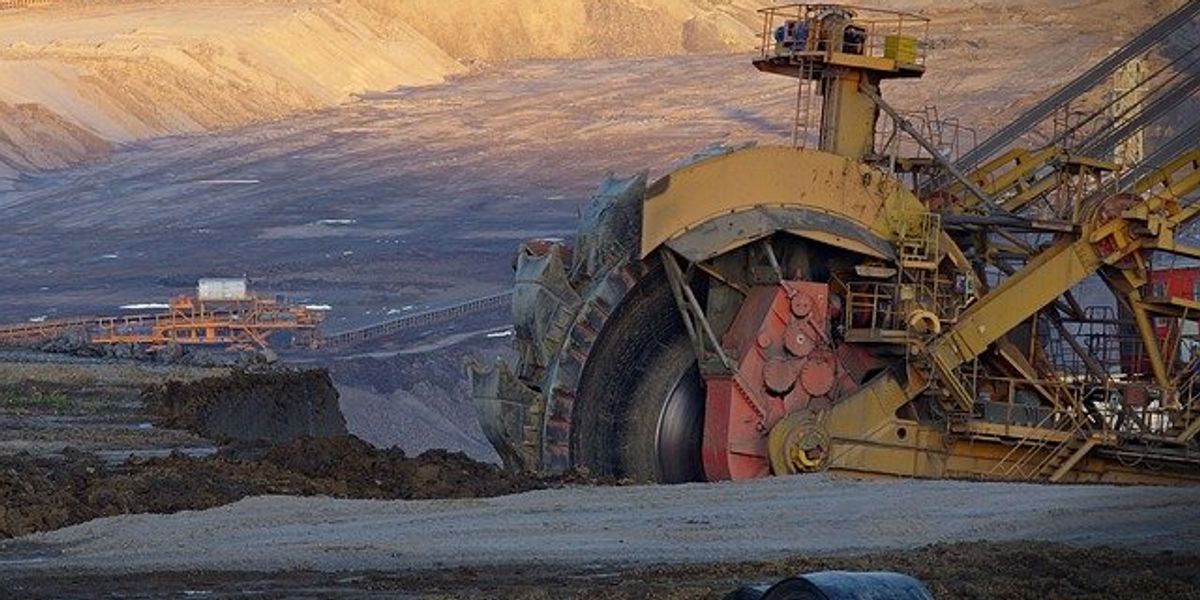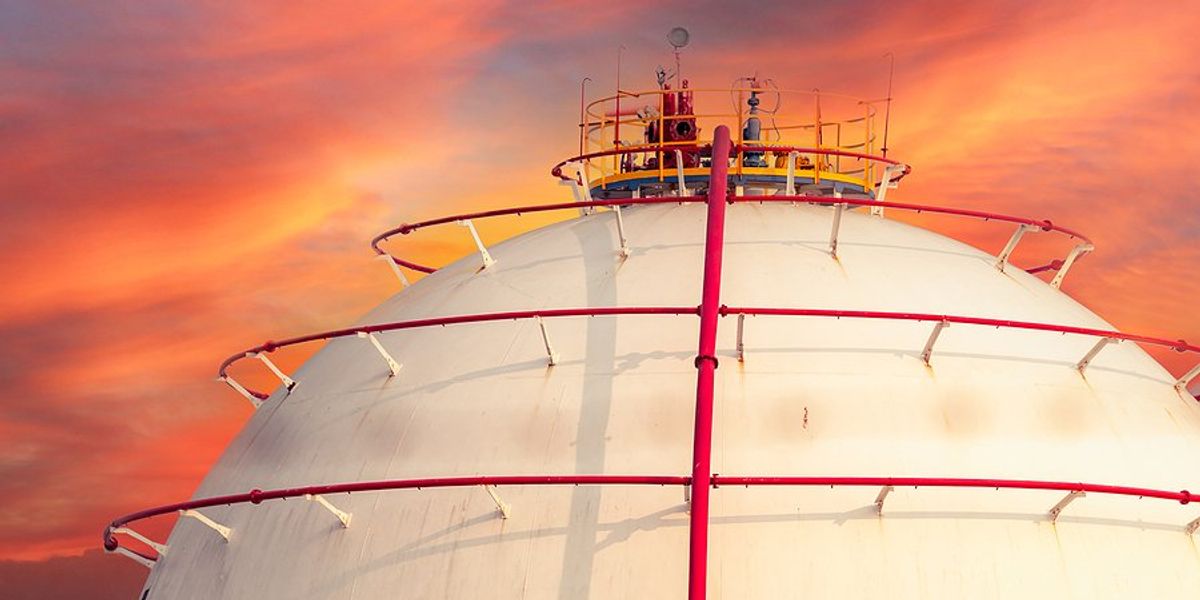freezing
NASA mission aims to freeze glaciers in place to prevent catastrophic sea-level rise
NASA's $1.5 billion NISAR satellite, launching soon, will monitor Earth's glaciers and could support interventions to halt their disintegration, crucial for coastal regions.
In short:
- The NISAR satellite, a collaboration between NASA and the Indian Space Research Organisation, will provide detailed images of the cryosphere every 12 days.
- Glaciologists are exploring technological interventions, such as freezing glaciers in place, to slow down ice loss and mitigate sea-level rise.
- The loss of the Thwaites Glacier could significantly impact global sea levels, posing a threat to coastal cities and low-lying areas worldwide.
Key quote:
"I’m not going to be satisfied simply documenting the demise of these environments that I care about."
— Brent Minchew, glaciologist at MIT
Why this matters:
Preventing glacier disintegration is vital to avoid dramatic sea-level rise that could displace millions and cause widespread ecological and economic damage. Interventions like those proposed offer potential solutions to manage this risk proactively.
60 per cent of world’s rivers stop flowing for at least one day a year
The first detailed global map of river flow shows that more than half the world's rivers stop flowing for at least one day a year and many could run dry if climate change isn't addressed.
















